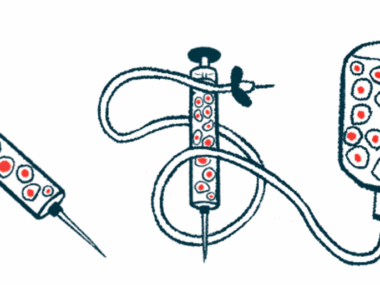Potential apathy treatment IRL757 found safe in healthy volunteers
Treatment would be 1st to address apathy in Parkinson's
Written by |

Irlab Therapeutics’ oral therapy IRL757 was safe and well tolerated in healthy volunteers in the first part of a Phase 1 study testing the therapy, a potential treatment for apathy in patients with Parkinson’s disease and other neurological conditions.
“This bodes well for the further clinical development of a potential treatment that can counteract the apathetic conditions that affect millions of patients with neurodegenerative disease,” Joakim Tedroff, MD, PhD, Irlab’s chief medical officer, said in a company press release.
The Phase 1 clinical trial, which started last May, will now enter its second part. After testing single ascending doses in the first part, study participants will receive multiple ascending doses to evaluate IRL757’s safety, tolerability, and pharmacokinetics, or how the therapy moves into, through, and out of the body. Researchers will also evaluate the impact of food intake.
The company expects to complete the study this year, with results expected in early 2025.
No approved apathy treatment
Results from the first part of the trial, which is supported by a 20 million SEK (about $1.8 million) grant from The Michael J. Fox Foundation for Parkinson’s Research, showed that IRL757 was well absorbed and yielded optimal drug concentrations within the body.
Apathy, characterized by resignation and indifference, has been linked to cognitive decline. There are no approved therapies to treat apathy, which is thought to affect more than 20 million people in the U.S. and Europe. People with Parkinson’s and other neurological conditions are particularly affected.
Nerve signaling disruptions between the cortex — the outermost layer of the brain, responsible for thought and perception –and other brain regions are believed to contribute to apathy. By targeting and potentially reversing this disruption, IRL757 may help alleviate apathy in patients with neurological disorders.
Irlab’s investigational treatment has had positive results in preclinical models evaluating motivation and cognitive function.



